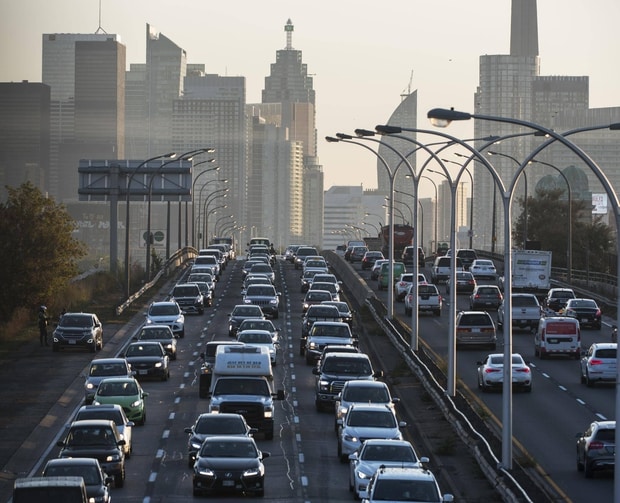The Roadmap to Net Zero: Challenges That the UK Must Overcome by 2050

In light of Brexit and the associated political-business turmoil, it is easy to forget that the United Kingdom will rely more on alternate sources of power than on fossil fuels by the end of 2019. It would be a gigantic step for the entire modern world in the right direction, and further evidence of the fact that the country is serious about its Net Zero commitment. Below in this article, we will cover the The Roadmap to Net Zero: Challenges That the UK Must Overcome by 2050.
As we head towards the end of the year, and the milestone may have already been achieved, taking a look at the most difficult impediments on the roadmap leading to Net Zero should help us anticipate them ahead of time.
Not All Businesses are Onboard
The industrial adoption rate of green energy has been superb lately, but there’s still a lot of room to be covered here. Irrespective of a business’s size or nature, making that shift to clean energy should be a priority now.
To understand how every establishment stands to gain more by making that shift, visit Utility Bidder at https://www.utilitybidder.co.uk/, where they discuss the government’s plans, green energy for business, and how your establishment too can reduce costs and take advantage of the corporate incentives.
Transportation and Air Quality Issues
28% of all pollutant emissions are currently being released by vehicles. In addition to traffic congestions from an ever-growing number of vehicles on the road, air pollution is a constant problem that is plaguing the UK’s efforts towards improving its environment.
As of now, the Committee on Climate Change has rescheduled the date for completely seizing production of diesel/petrol-based cars in the country from 2040 to 2035. It remains to be seen if electric cars alongside public charging points can be established as the norm within such a short period of time.
The Unpredictability of Wind Energy
In 2019 and the year before that, wind energy production has been more than satisfactory in the UK, which is also the reason why achieving 47.9% reliance on clean energy was possible. Unfortunately, wind energy by its very nature is unpredictable, meaning that there is no present method to know whether the future wind speed will be just as generous.
Decarbonising Residential Heating is Challenging
Although the residential consumption of energy is small compared to commercial consumption, it still does account for a significant greenhouse gas emission unfortunately.
Most of the emissions occur during winter, which indicates that residential heating units are the main issue here. To tackle this impediment, the authorities will likely make installation of new gas boilers in new buildings illegal by the year 2025. New properties must have the architecture to support geothermal heat pumps that run on electricity, instead of gas.
Failing Nuclear Power Plants
It is estimated that by the year 2030, almost all the nuclear power plants will become invalid. As nuclear energy is a primary source of alternate energy in UK, that is a serious problem. New plans are not even set into motion with sufficient speed at this time, which remains a cause for concern.
There’s still enough time to make progress here, and plans for tackling most of the issues we just discussed are already in motion. Some of them, such as the failing nuclear energy plants, need more attention, which we will just have to initiate sooner rather than later.
